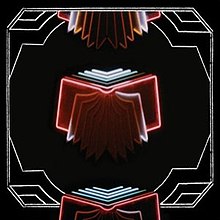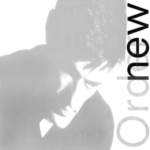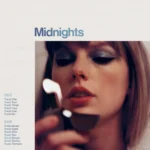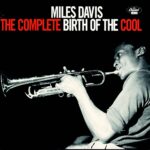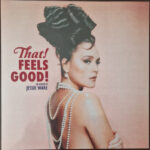 Arcade Fire’s sophomore album, “Neon Bible,” released in 2007, is a powerful and emotionally charged record that builds upon the band’s signature indie rock sound while delving into darker and more complex themes. It is a remarkable follow-up to their critically acclaimed debut, “Funeral,” and solidifies Arcade Fire’s position as one of the most innovative and influential bands of the 21st century.
Arcade Fire’s sophomore album, “Neon Bible,” released in 2007, is a powerful and emotionally charged record that builds upon the band’s signature indie rock sound while delving into darker and more complex themes. It is a remarkable follow-up to their critically acclaimed debut, “Funeral,” and solidifies Arcade Fire’s position as one of the most innovative and influential bands of the 21st century.
“Neon Bible” kicks off with the haunting and anthemic “Black Mirror,” setting the tone for the album’s introspective and often politically charged lyrics. The song’s brooding atmosphere and urgent instrumentation immediately draw listeners into Arcade Fire’s world. From here, the album flows seamlessly into “Keep the Car Running,” a driving and propulsive track that showcases the band’s penchant for crafting infectious melodies and evocative storytelling.
One of the album’s standout moments is “Intervention,” which features an orchestral arrangement that adds a grandiose and cinematic quality to the song. Frontman Win Butler’s impassioned vocals are at the forefront, and the lyrics touch on themes of religious disillusionment and the search for meaning in a troubled world. The song’s climax is a cathartic release of emotions, making it one of the album’s most memorable tracks.
“Black Wave/Bad Vibrations” and “Ocean of Noise” continue the album’s exploration of existential themes and the complexities of human relationships. The former is a haunting and atmospheric piece that features a mesmerizing interplay between Butler and Régine Chassagne’s vocals. The latter is an emotionally charged ballad with a captivating orchestral arrangement that highlights the band’s ability to create both intimate and grandiose moments.
The title track, “Neon Bible,” is a tour de force that captures the disillusionment and anxieties of modern society. The lyrics are thought-provoking and introspective, and the instrumentation gradually builds to a crescendo, creating a sense of urgency and despair that resonates deeply with the listener.
As the album progresses, tracks like “The Well and the Lighthouse” and “Antichrist Television Blues” showcase Arcade Fire’s willingness to experiment with their sound. The former is a raucous and energetic song that explores themes of redemption and spirituality, while the latter features a bluesy, guitar-driven sound and satirical lyrics critiquing media and celebrity culture.
The album’s penultimate track, “No Cars Go,” stands as a triumphant anthem and a fan favorite. Originally featured on Arcade Fire’s self-titled EP, the reimagined version on “Neon Bible” is an exhilarating celebration of freedom and escape, complete with a euphoric chorus and sweeping instrumentation that elevates it to an anthemic level.
Closing the album is “My Body Is a Cage,” a haunting and introspective track that serves as a fitting conclusion. It showcases Win Butler’s raw and emotive vocals against a backdrop of haunting organ and soaring orchestration. The song’s lyrics touch on themes of confinement, struggle, and the yearning for liberation, leaving listeners with a powerful and contemplative final impression.
In conclusion, “Neon Bible” is an outstanding and deeply affecting album that cements Arcade Fire’s status as a visionary and innovative band. It skillfully weaves together thought-provoking lyrics, rich instrumentation, and powerful emotions to create a cohesive and immersive listening experience. The album’s exploration of existential themes, social commentary, and personal introspection makes it a timeless and resonant work of art that continues to captivate and inspire listeners.
This post has already been read 334 times!
